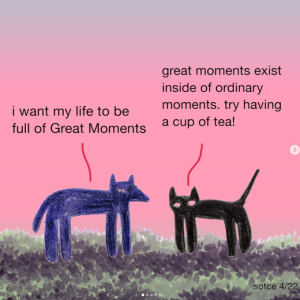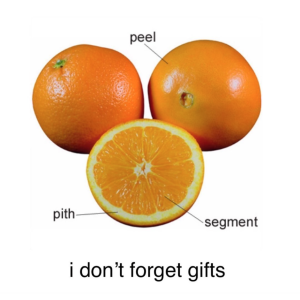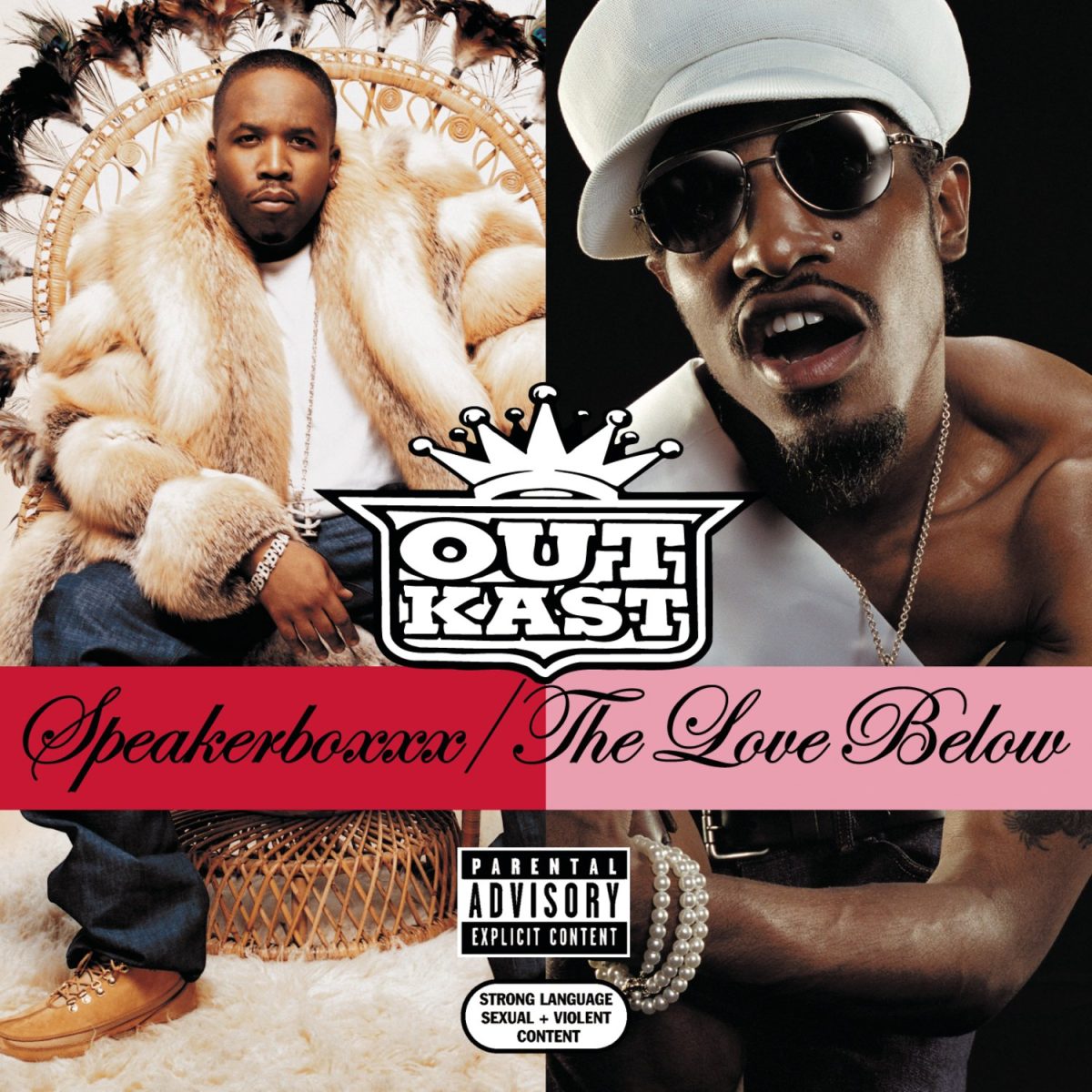“The generation needs a new prophet,” reads the banner on Sotce’s Patreon, enclosed in a neon green graphic speech bubble and attributed to one of two cartoon rabbits. Behind the rabbits, Sotce herself stares blankly at the camera, dressed in all-black. Her Patreon, called “the sotce method,” provides short and sweet guided meditations in “noticing the world for the first time” for over 800 paid subscribers.
Internet-Aristotle Sotce — pronounced “sot-see” — has amassed a select cult-following online as an enigma who’s branded the very concept of esotericism. Her real name is Amelia, maybe. She sleeps on the floor. She’s, if anything, the godmother of this new surge of minimalistic, existential memes crowding niche communities across the internet: a stock image of one or a few random objects presented with some text overlaid — always either moral quandary or mere mourning.
Sotce aims to speak to a welcoming of a distinctly female experience. An unashamed vulnerability, alongside visual absurdity. She and her platform can be considered as much philosopher, artist, writer. But what happens when we treat thinkers like Gods? And, what happens when those Gods fracture our individual perception of who they are and what they stand for?
Sotce skipped out on art school to spend a year in an Indian monastery at 19 and has gained something of a digital devoted sect upon her return. She calls herself a philosopher, which technically she has every right to do. The dictionary defines a philosopher as “a person who offers views or theories on profound questions in ethics, metaphysics, logic and other related fields.” Reddit says “a philosopher is simply someone who engages with the clay of their mind with some end in mind.” There’s not much of a textbook, lived-experience requirement to fulfill. All you need is the clay.
What largely comes off as satire — or a cash grab — turns out to be anything but disingenuous. Sotce’s platform is (allegedly) derived from a place of over-sincerity.
“I’m very vigilant about who I am and what I’m thinking,” Sotce said in an interview with Nylon magazine. “A lot of my practice is cutting through the obscurations, cutting through the bullshit. It’s like a dirty windshield wiper. You get that clean voice that’s not attached or fixated.”

What’s become recognizable as the “Sotce meme” is compact. A stock image of a razor or a pack of Trident gum, a sketch of two ambiguous animals, some profound revelation condensed to a sentence or two. And even though Sotce herself wishes it wasn’t just her more lighthearted work that she’s recognized for, it’s a lot easier to pretend to comprehend than full-scale theories and philosophies. It’s digestible, ineffably easy to repost or send to a friend and say “this is so me,” or bookmark for later.
As with anything, to spot an individual who has gained true influence, look for copycats. Sotce replications have popped up all over the internet, but does piecing together a couple of graphics and mourning a breakup make anyone a Philosopher, capital “P”?
Everything feels profound when someone has hurt your feelings. Much of Sotce’s gained popularity stems from domino-effect consequences of the “girl” trends taking the internet over — and infantilizing women in the process. One of her TikToks that she was allegedly told to make by angels is dedicated to kale — the leafy green — a pile of which she buries her face in and decides will never love her.
Sure it’s absurd. This stock image of an anatomized orange is literally just a stock image of an anatomized orange. But to Sotce and her followers, all in life and the natural world has some deeper, mystical feeling. But sometimes that deeper feeling lacks the substance she so desperately wants projected onto it.

Most would-be philosophers of the world have bled into 21st century poets and writers, contemplative song lyrics and droning TED Talks. But Sotce’s philosophy is her brand. She sells meditations and personal connections to her followers’ strife and struggles. She sells $30 iPhone cases. She sells audio “how to’s” for $3-$5 on her website — “become an angel,” “make a decision,” “stop smelling him.”
Followers ask on her Instagram: “do you do anything else professionally besides your art?” And she says “no.” She doesn’t need to. According to Sotce, she’s simply living her life — albeit meticulously documented on the internet — and is surprised to find money in her pocket.
“This work is just sitting in a room slipping stuff out under the door,” she said in a Medium interview, referring to her philosophy as though a means to an end. “And somehow money slips in from the other side.”
Sotce profits off of engaging with her westernized, idealized Buddhist principles in an all-encompassing way, cherry-picking buzzwords and values to feed her fans. In one video, she details the monastery she’s at on a meditation retreat, having to “hide her womanly body” from the monks and meditating 2-4 hours a day to feel clean again. She’s not supposed to have her phone, but she snuck it out to record a TikTok for her 400,000 followers anyways. Content takes priority over enlightenment.
Perhaps that’s why her most recent Instagram post, and the sparked controversy that tremored through her devotees, was surprising.

A picture of her clad in a pair of the newly released — and highly controversial — Apple Vision Pro glasses alongside a triptych cosmic sexual innuendo triggered an endless milieu of comments criticizing her.
“Doesn’t the idea of augmented reality contradict the whole point of mindfulness?” read one comment.
Other comments egg her on, or defend her in the name of “performance art.” She herself says nothing. She doesn’t need to.
The reality with Sotce is the same as with any other internet personality in that nobody truly knows anything about her besides what she’s chosen to present to them. She isn’t a God — and not just because the religion she parrots is non-theistic, which she seems to often forget — nor is she much of a prophet. But that hasn’t stopped the alleged apotheosis of Sotce, and the select proportion of her fans who’ve decided she’s a deity.
But who knows. Maybe in today’s digital age, Socrates would run a Patreon, too.


































Sahalie Oceguera • Dec 26, 2024 at 4:13 pm
Just now reading this but I love it. Really great read and a lot of great points